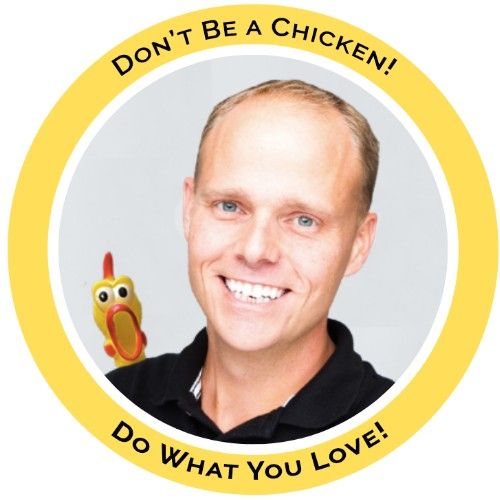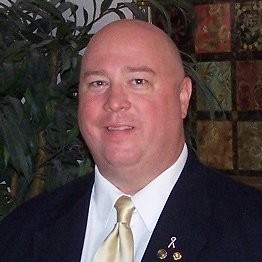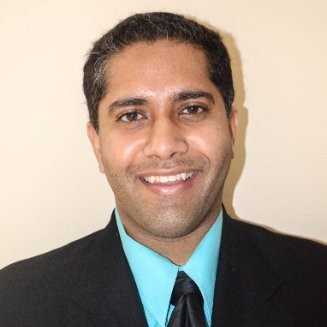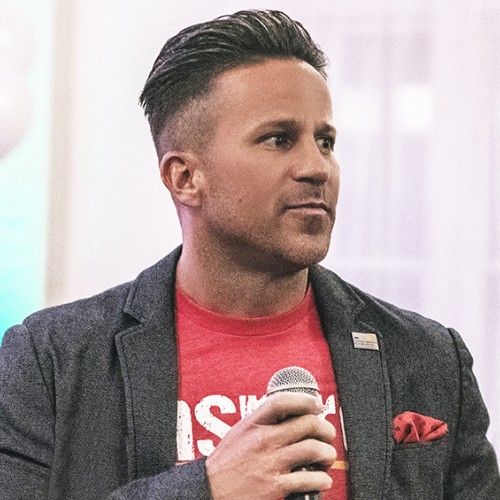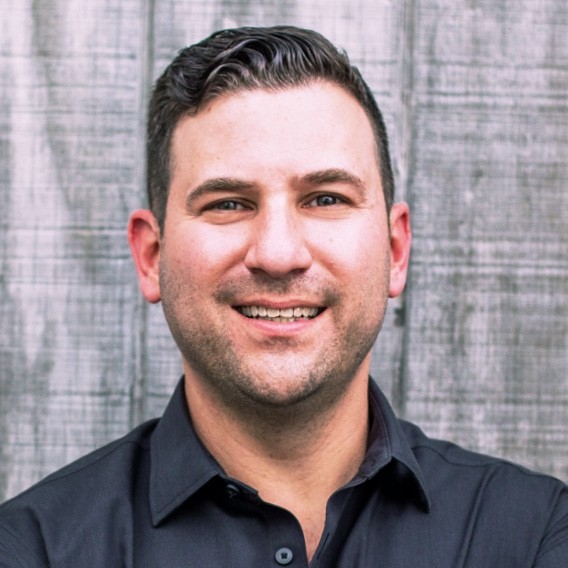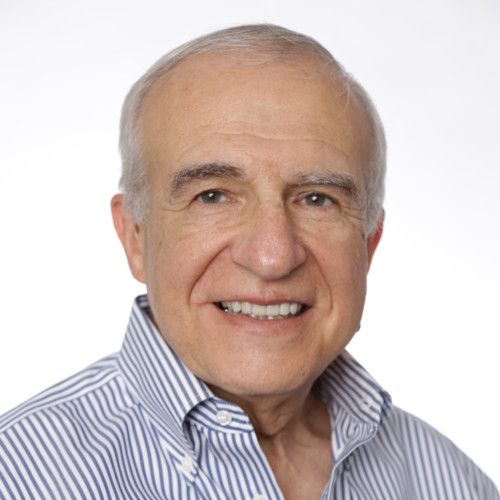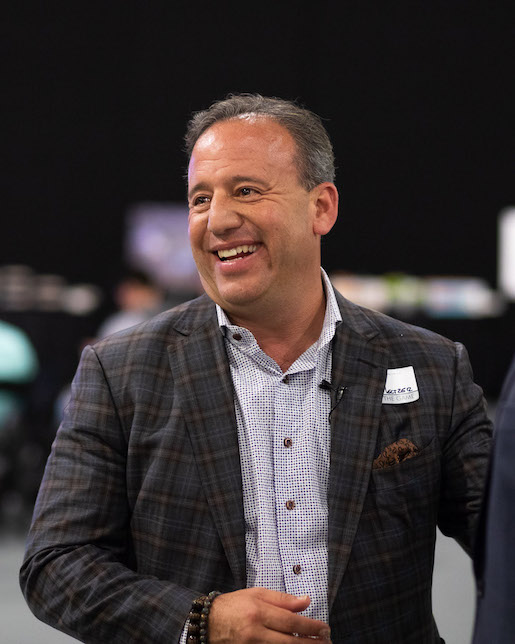Executive Horizontal Mentoring means pairing two executives together for a mutually beneficial relationship. In contrast to traditional mentorship, there isn’t a “mentee” and a “mentor”, but two executives that are open to learning from each other.
In a recent discussion, a CEO of a software company compared it to a therapist going to another therapist for therapy.
The Chief Financial Officer of an insurance company found it relieving to know that even somebody in a different industry and size of company as him faced very similar issues.
The Chief People Officer for a financial firm felt that he could be significantly more vulnerable in a
mentor relationship with an HR executive outside of his company than with somebody from within the company.
As an executive, being able to relate to somebody else has immense benefits. This article sheds light on 3 major benefits of executive mentoring and the benefit of being able to relate.
Affirmation
A person doesn’t become an executive by accident. It takes hard work, persistence, and patience waiting for the proper circumstances and the right opportunity to align itself. Once you have earned your way to this position, you might feel like you need to have all of the answers. As an executive for my own company, I personally felt this. It felt like because I had worked up to this role for so long, I needed to be the bedrock of answers that I thought my team needed, even when I had no clue what the best move should be.
Having an executive mentor can help reinforce and affirm your decisions. You may have a team that is reluctant to challenge you. Because of this, their words of affirmation probably won’t mean as much to you since they may have additional reasons to agree with you (even if they don’t realize it!).
Hearing honest feedback from another executive who has been through similar things is powerful. You know they don’t feel the pressure to simply affirm your beliefs. Instead, they choose to agree because they truly believe that you made the right decision and this feels incredible!
That feeling of affirmation from a peer can be exalting. It gives you the confidence to continue taking strong steps in the direction you have chosen because an unbiased, but experienced, party is backing you up.
To give an example of this, I will share the story of my business partner, Dave Criswell, who is incredible at affirming people. Dave and I met on the tennis court (we both play in a doubles tennis group). Dave is in his mid-50’s, doesn’t move particularly fast, and doesn’t hit the ball particularly hard. But he rarely loses in doubles. Why? Because he is incredible at affirming his partner. Dave has played tennis long enough that he knows what good strategy is. He never gets mad at his partner for mistakes but is great at conveying the positives and negatives based on certain strategies deployed during a rally (e.g. hit down the line, lob over the net player, hit cross-court, etc.). When you are his partner in tennis, even if you take an action that he doesn’t agree with, he is great at affirming your move by understanding the potential upside if your action works, while also doing a great job of conveying the alternative options that are available that might have been an easier method to achieving the ultimate outcome (e.g. winning the point). Dave brings out the best in me (and anybody he plays tennis with) because I know that the feedback he is giving me is authentic, that he trusts me to make whatever decision I believe is best at that moment, and that he could easily get angry when I make a mistake but he instead chooses to teach me. Individually, Dave and I aren’t necessarily the best tennis players. Together, however, we have (occasionally!) beaten guys who played tennis in college. No small feat!
In an executive mentoring relationship, having somebody to affirm you and believe in you feels incredible.
Vulnerability
Having somebody outside of your company to be vulnerable with can be life-changing. As an executive, I have friends that I grab drinks with and share business updates with, but those conversations are inconsistent and usually unfocused. They have their own business to focus on and we aren’t truly intentionally listening, reflecting, and empathizing with each other.
In an executive mentoring relationship, there are two executives who have committed to building a deep relationship with another executive who can relate. This is another person who is in a similar position as you, maybe not the same industry or size of company, but that cares about listening, learning, and understanding your situation just as much as you are of theirs.
Once rapport is built, it is significantly easier to be vulnerable with each other which then leads to trust and legitimate business outcomes.
To put it into context, how often do you share your
business goals with your executive friends? If you do, how often are they intentionally listening to what you are saying, willing to challenge you based on inconsistencies you have mentioned in the past, and follow up with you monthly to see if you are on track for these goals?
The answer is probably no for the first question, but if it is yes, it is probably no for the second question. Why? Because executives are busy! If you haven’t set an
intentional agenda and consistent meetings committed to you working on these goals, you are probably not achieving the outcomes you would like from your executive peer network.
An executive mentoring relationship creates an environment conducive for two busy executives to spend their time effectively and meaningfully so then they can
achieve maximum business results in the least amount of time.
Those results multiply when both executives feel comfortable being vulnerable with each other.
Growth
Growth incorporates both business and personal outcomes. If your business is growing but your personal life is falling apart, eventually your personal life will creep into your work life and those effects could be irreversible.
An executive mentor can help you find a balance between work and personal life. The benefit of being able to relate is that your excuses for why you can’t spend time with your family, spouse, and friends, are no different from theirs: they are in the same position as you. If they have discovered ways to find balance, you can too. And they will probably pick up a tip or two from you at the same time.
You may not be comfortable sharing these personal issues with just anyone. Whether it’s your colleagues at work, multiple people in your executive peer network, or a coach, they may not know or be able to relate to exactly what you are going through.
An executive mentor solves this by providing a safe place for you to share. Just by being able to acknowledge the challenges you are going through, you are already on a trajectory towards growth. Holding it all in doesn’t help you or anyone that you live or work with.
The ability to relate to another executive in a mentoring relationship can not only drive professional growth but personal growth as well.
Overall,
executive horizontal mentoring can have a massive benefit on the impact of leaders. The ability to relate to another executive provides a lens into what could be for an executive and an opportunity to drive personal and professional growth. Executive mentors help executives avoid wasted time and mistakes by being able to build a bond with another executive who can relate.
